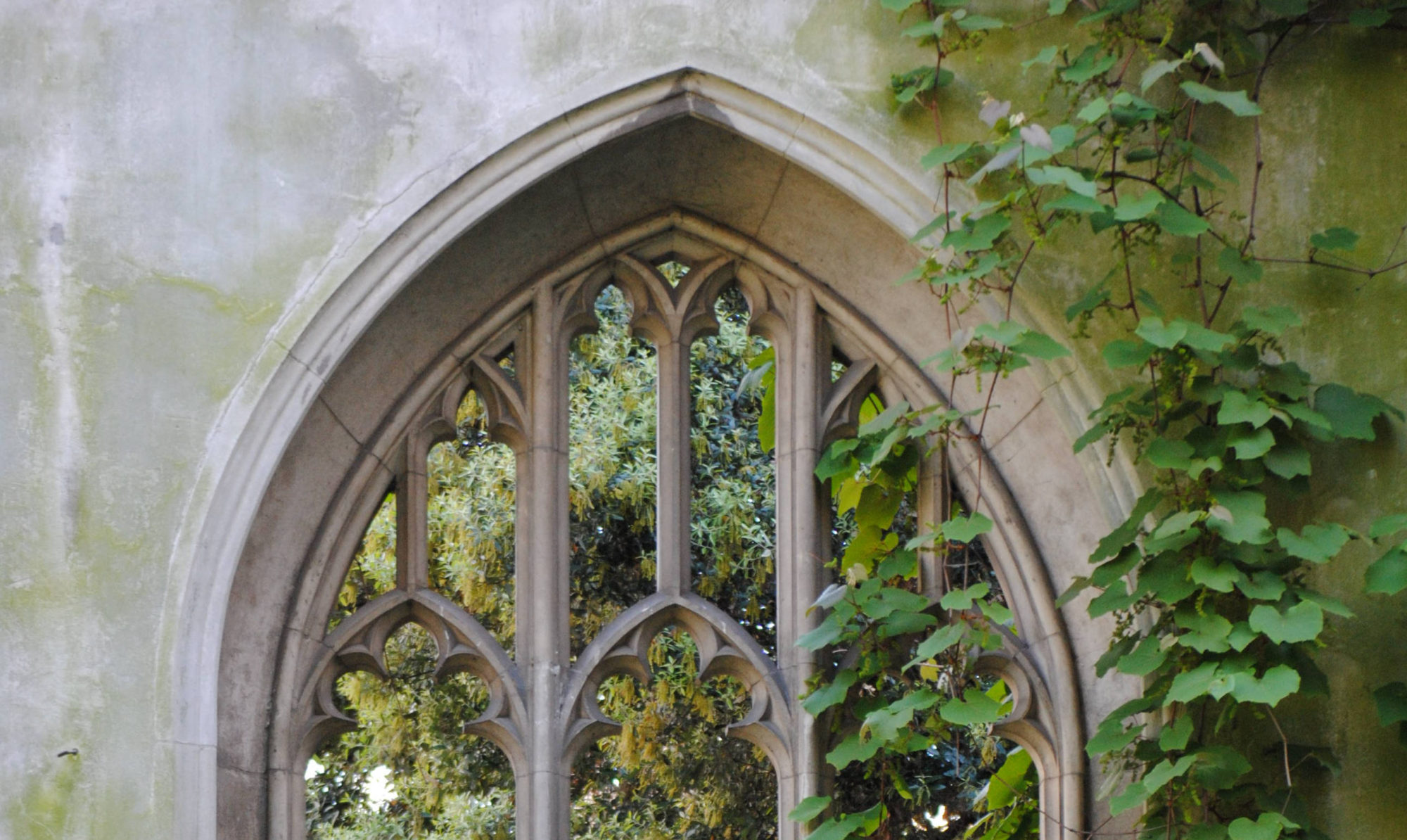El 8 de febrero de 1937 tuvo lugar uno de los episodios más trágicos, y sin embargo menos conocido, de la Guerra Civil española: La Desbandá de Málaga, el ataque indiscriminado a la población civil mientras huía por la carretera Málaga-Almería por parte del ejército franquista.
De forma muy resumida, la situación fue la siguiente: al inicio de 1937 las fuerzas franquistas iniciaron una campaña con el objetivo de capturar Málaga. Progresivamente la fueron cercando por tierra, provocando el desplazamiento de miles de civiles de las poblaciones cercanas, que buscaron refugio en la ciudad. La desorganización militar, la falta de apoyo del gobierno de la República y las luchas políticas intestinas que habían caracterizado el desarrollo de la Guerra Civil en Málaga finalmente se tradujeron en la desastrosa defensa de la ciudad, que más que defendida fue abandonada por las autoridades republicanas sin organizar su evacuación.
El resultado final fue que durante la tarde del domingo 7 de febrero miles de malagueños de la capital y refugiados de los pueblos circundantes comenzaron a huir por la única vía de comunicación que quedaba abierta: la carretera Málaga-Almería que bordea la costa. La mayoría iba a pie y con las escasas pertenencias que pudieron llevarse. El objetivo era la ciudad de Almería, a 200 km. aproximadamente.
Al amanecer del día siguiente, 8 de febrero, artillería, aviones y barcos franquistas comienzan a disparar y bombardear indiscriminadamente a esa masa humana que huye aterrorizada. El ataque dura varios días. Familias enteras son destrozadas por los disparos, muchos niños se quedan solos en el camino al morir sus padres. No se conoce con exactitud el número definitivo de víctimas de esta masacre, pero las cifras que se barajan oscilan entre los 3000 y los 6500 muertos. En el bombardeo de Guernica se habla de un número de víctimas mortales de alrededor de 300 muertos.
Ochenta y un años después La Desbandá apenas se conoce fuera de Málaga. Ojalá esto cambie y se dé visibilidad a este desastre soportado por una población civil abandonada a su suerte para ser masacrada.
Para los interesados, algunos libros interesantes sobre la Guerra Civil en Málaga son:
- El otro reino de la muerte, de Gamel Woolsey.
- Mi casa en Málaga, de Sir Peter Chalmers Mitchell.
- Muerte en Málaga, de Edward Norton.
- Un cortijo en Málaga, Marjorie Grice-Hutchinson
- El crimen de la carretera Málaga-Almería, de Norman Bethune, un médico canadiense que asistió a los heridos durante La Desbandá.
On the 8th of February 1937 one of the most tragic and yet less known episodes of the Spanish Civil War happened: La Desbandá (it could be translated as The Rush of The Flight), that is, the indiscriminate attack on the civilian population that fled through the road from Málaga to Almería by the Franco army.
In short, the situation was as follows: at the beginning of 1937, Franco military troops started a campaign with the aim of capturing Málaga. Step by step the city was surrounded by land, and therefore the population of the nearby cities displaced seeking for shelter in Málaga. The military disorganization, the lack of support from the goverment of the República and the political internal struggles that had characterized the development of the Civil War in Málaga finally turned out in the disastrous defense of the city, that rather than defended was abandoned by the republican authorities without any evacuation plan.
The outcome was that in the afternoon and evening of Sunday 7th of February, thousand of malagueños (Málaga people) and refugees from the near villages fled through the only way that was still open: the road from Málaga to Almería that borders the coast. Most of them were on foot with the few belongings that they could gather. The goal was to reach Almería, about 200 km. away from Málaga.
At dawn the next day, 8th of February, Franco’s artillery, planes and ships indiscriminately began to fire and bomb that human mass that run terrified. The attack spread for several days. Whole families were slaughtered by the firing, many children were left alone on the road when their parents died. There is no official number of the mortal casualties caused in this massacre, but the figures range between 3000 and 6500 mortal victims. It is believed that Guernica’s bombing caused a death toll of about 300 dead.
Eighty one years from then, La Desbandá is barely known outside of Málaga. I hope this will change and the world know about this disaster endured by a civilian population left to its fate to be massacred.
For the interested reader, some books about the development of the Guerra Civil in Málaga are listed in the following:
- Death’s other kingdom, by Gamel Woolsey.
- My House in Málaga, by Sir Peter Chalmers Mitchell.
- Death in Málaga, de Edward Norton.
- Málaga Farm, Marjorie Grice-Hutchinson
- The crime on the road Málaga-Almería, by Norman Bethune, a Canadian doctor who assisted the victims during La Desbandá.
